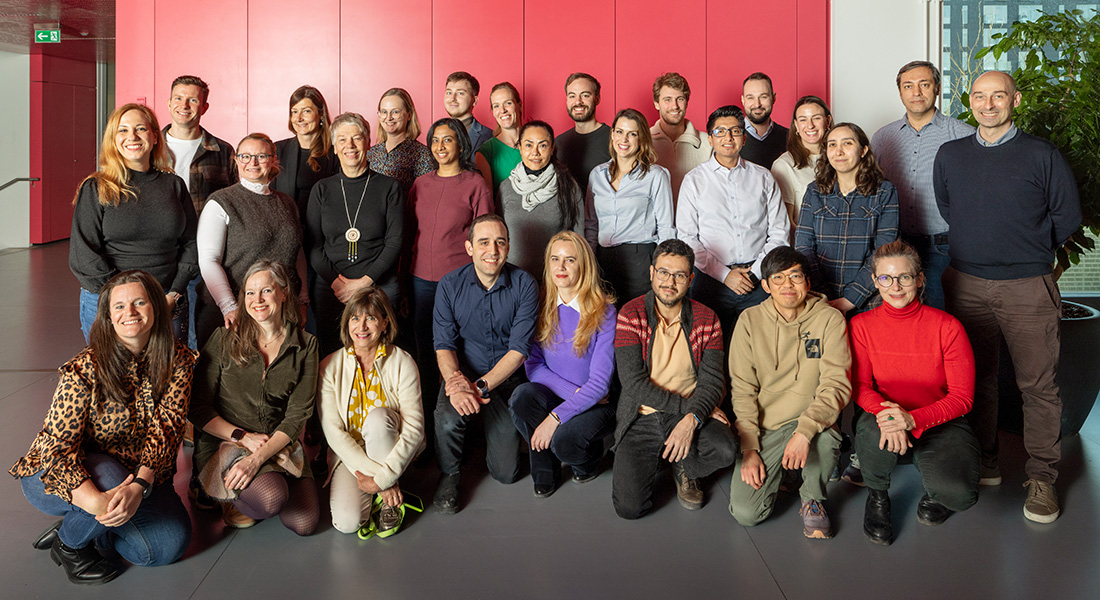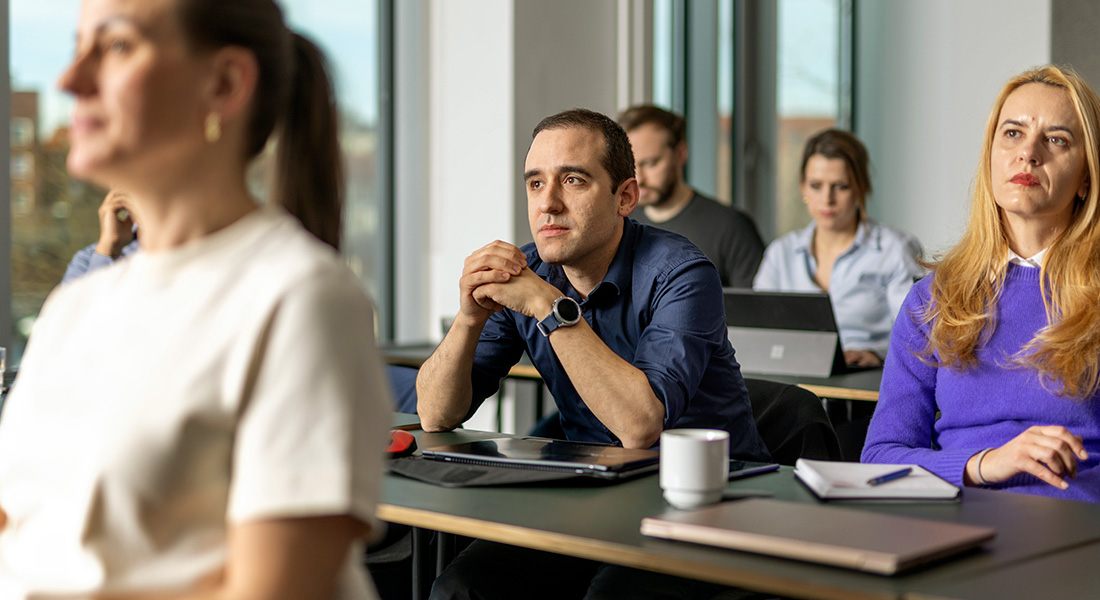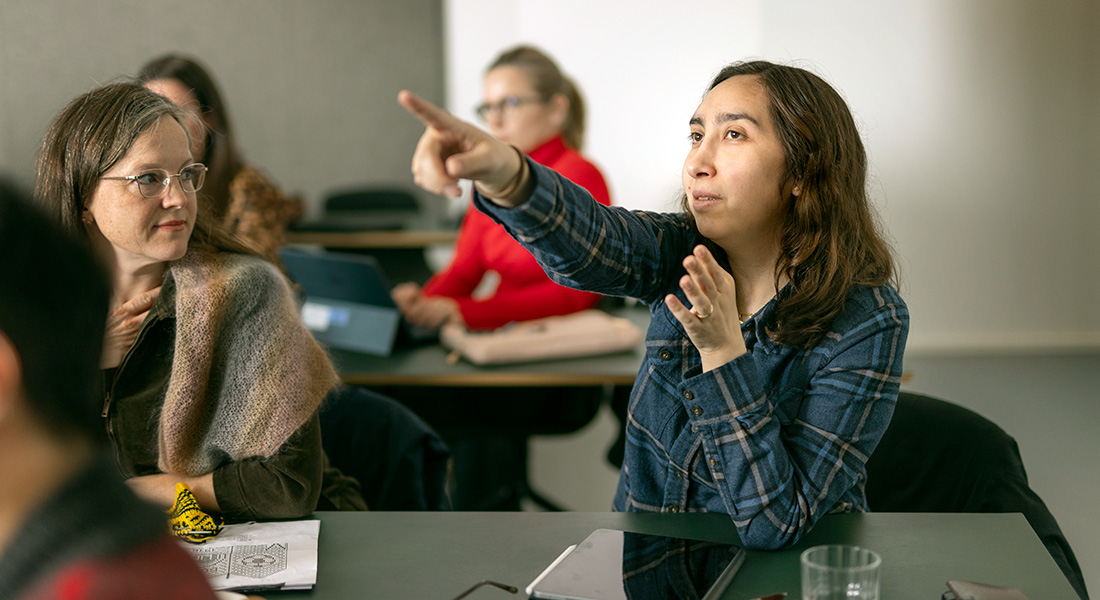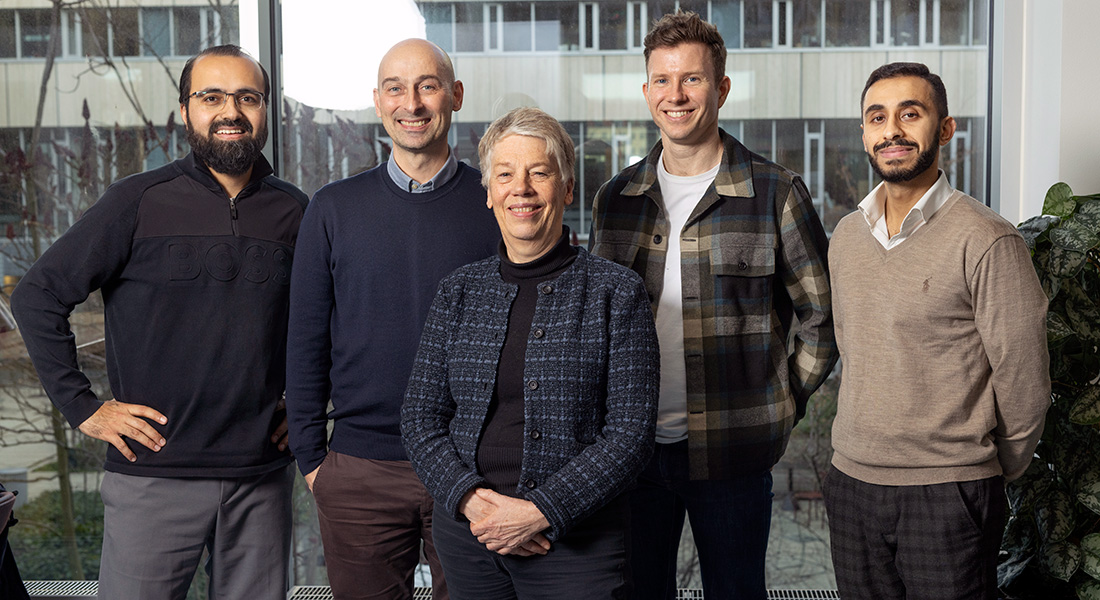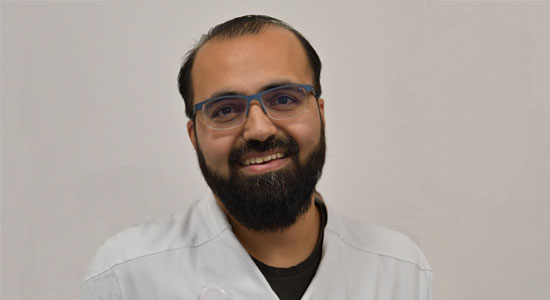Go to the newsletter page and sign up to receive course dates, call for applications and other related programme news.
Mechanism and Comorbidities of Headache and Facial Pain
This course is a part of

This course will focus on complex pathophysiological mechanisms underlying headache and facial pain disorders, and the role of comorbidities in neurobiology of headache disorders.
We will cover the most important theories/hypotheses, discovery in genetics, strengths and limitations of animal and human studies, animal models of secondary headaches.
Topics
- Genetics of headache disorders
- Physiology and the disease mechanisms of :
- migraine headaches, tension-type headaches, cluster headaches and other trigeminal autonomic headaches.
- medication overuse headache, idiopathic intracranial hypo- and hypertension
- posttraumatic headache and other secondary headaches
- trigeminal neuralgia and other cranial neuralgias.
- Comorbidity and disease interaction.
- Experimental human and animal models for headache and facial pain.
5 weeks of blended learning
The first 4 weeks is a part-time online course with online lessons, discussions and quizzes and self-study activities.
The fifth week is full-time, on campus lectures, discussions, group work, and exercises at University of Copenhagen, in Copenhagen, Denmark.
For more details about the course, please refer to the course curriculum.
View all courses on:
Highlights from the course
I feel incredibly grateful to have been accepted into this program. The training and knowledge provided through this course is truly exceptional and has exceeded all my expectations. However, what stands out even more are the people I have had the privilege of meeting here – their dedication, expertise and passion are truly inspiring. I highly recommend it to anyone interested in advancing their knowledge in this field.
Course director on »Mechanism and Comorbidities of Headache and Facial Pain«
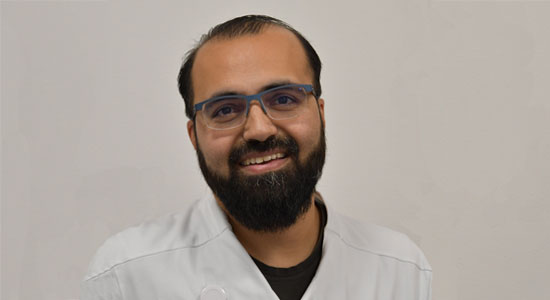
Faisal Mohammad AminAssociate Professor, MD, PhD |
Course details for »Mechanism and Comorbidities of Headache and Facial Pain«
Dates and examination
Course dates
The dates for the next course are:
- December 7, 2026 - January 8, 2027 (E-learning)
- January 11-15, 2027 (Campus)
The course is available every second year.
Examination
Please find the exam dates in the exam plan.
Learning outcomes
On completion of the course, you will be able to:
-
understand the genetic and pathophysiological mechanisms of primary and secondary disorders, including facial pain
-
analyse common comorbid conditions in headache disorders and their relevance to disease development and treatment
-
understand existing in vitro and in vivo experimental headache models
-
critically assess and discuss the scientific literature on genetics and disease mechanisms
-
contribute to new scientific investigations, optimize treatment processes, and assess new treatment strategies.
Admission criteria
You must meet the following criteria to be admitted to this course:
- Hold a relevant bachelor degree or equivalent.
- Have a minimum 2 years of relevant job experience.
- Be proficient in English.
Find detailed information in the admission criteria on Master of Headache Disorders
Priority is given to enrolled students
This course is offered as a compulsory course on the Master of Headache Disorders programme. Priority is given to students already enrolled. Once the enrolled students have been admitted to the course, the remaining seats are distributed on a first-come, first-served basis.
Tuition fees
EU/EEA citizens
10,000 DKK
Non-EU/EEA citizens
15,100 DKK
Citizens of the EU, EEA or Switzerland are entitled to a subsidised tuition fee, due to EU legislation.
More information
All course information is available in the course curriculum:Place
University of Copenhagen
Centre for Health and Society
Øster Farimagsgade 5
1353 Copenhagen K
Denmark
Contact
Christine Gulstad
Study Administration Officer
lifelonglearning@adm.ku.dk
Tlf: +45 35 32 12 73

